
On Thin Ice In The Arctic: CU Scientist Says Melting May Threaten Parts Of Historic Mission
A University of Colorado scientist who spent months drifting through the Arctic Ocean on a ship says thinning and melting ice is putting the Arctic’s biggest scientific mission ever in jeopardy.
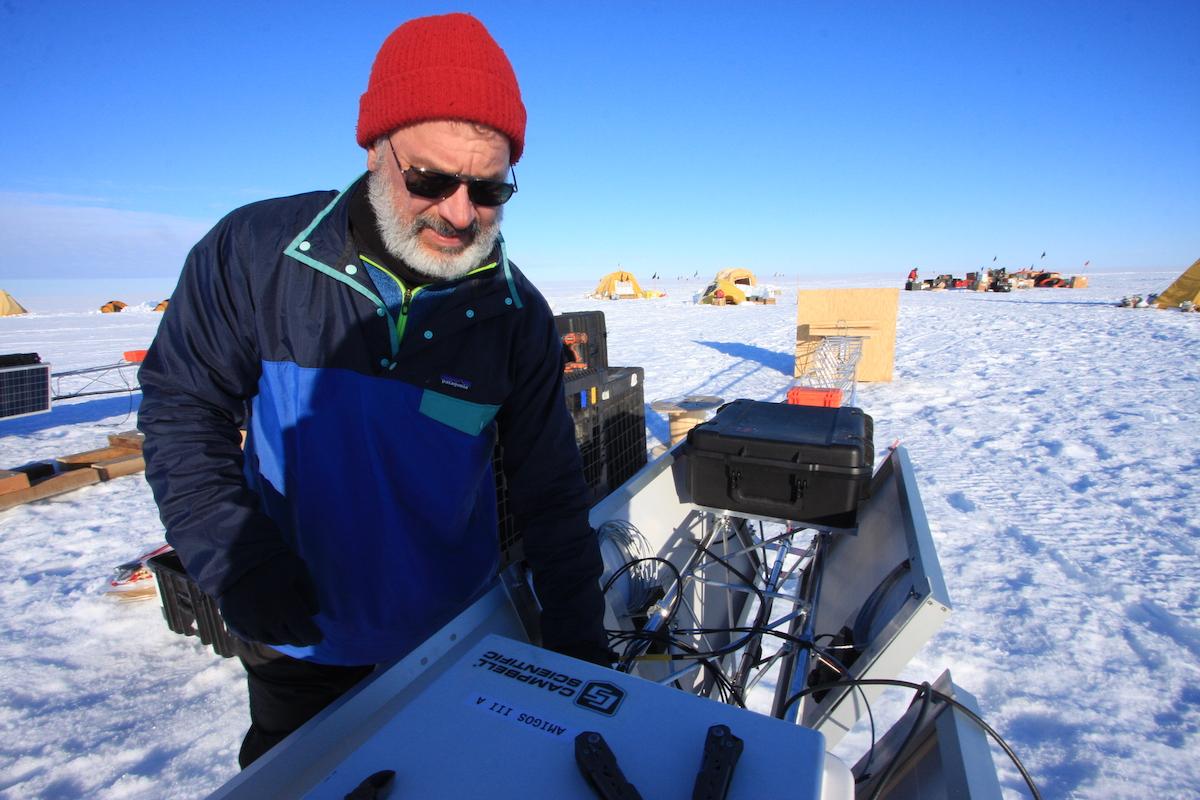
Camped Out On A Brittle Glacier, This CU Scientist Wants To Prepare Coastal Cities For Climate Change
Glaciologist Ted Scambos is leading a team measuring how quickly the ice is melting and the water is warming on the South Pole.
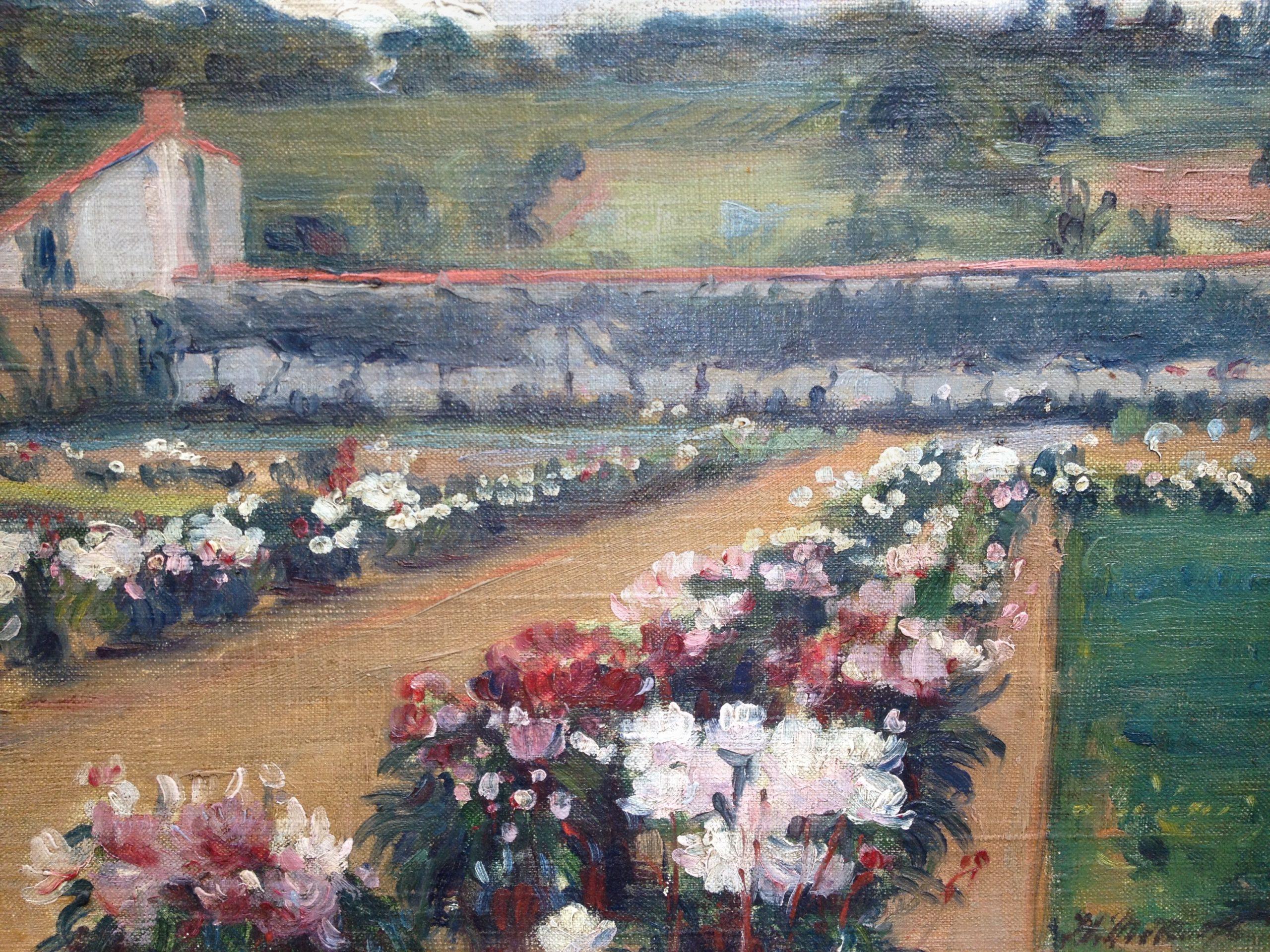
You May Not Be Able To Paint Like Monet, But With These Recipes, You Can Cook Like Him
The French impressionist master was just as scrupulous in designing the layout and colors of his vegetable garden as he was his canvases.

Facing A Democratic Majority, Colorado’s Republican Lawmakers Focus Their Efforts On Transportation
Senate Minority Leader Chris Holbert said the GOP will continue to fight for what he believes Coloradans want: more money for transportation.
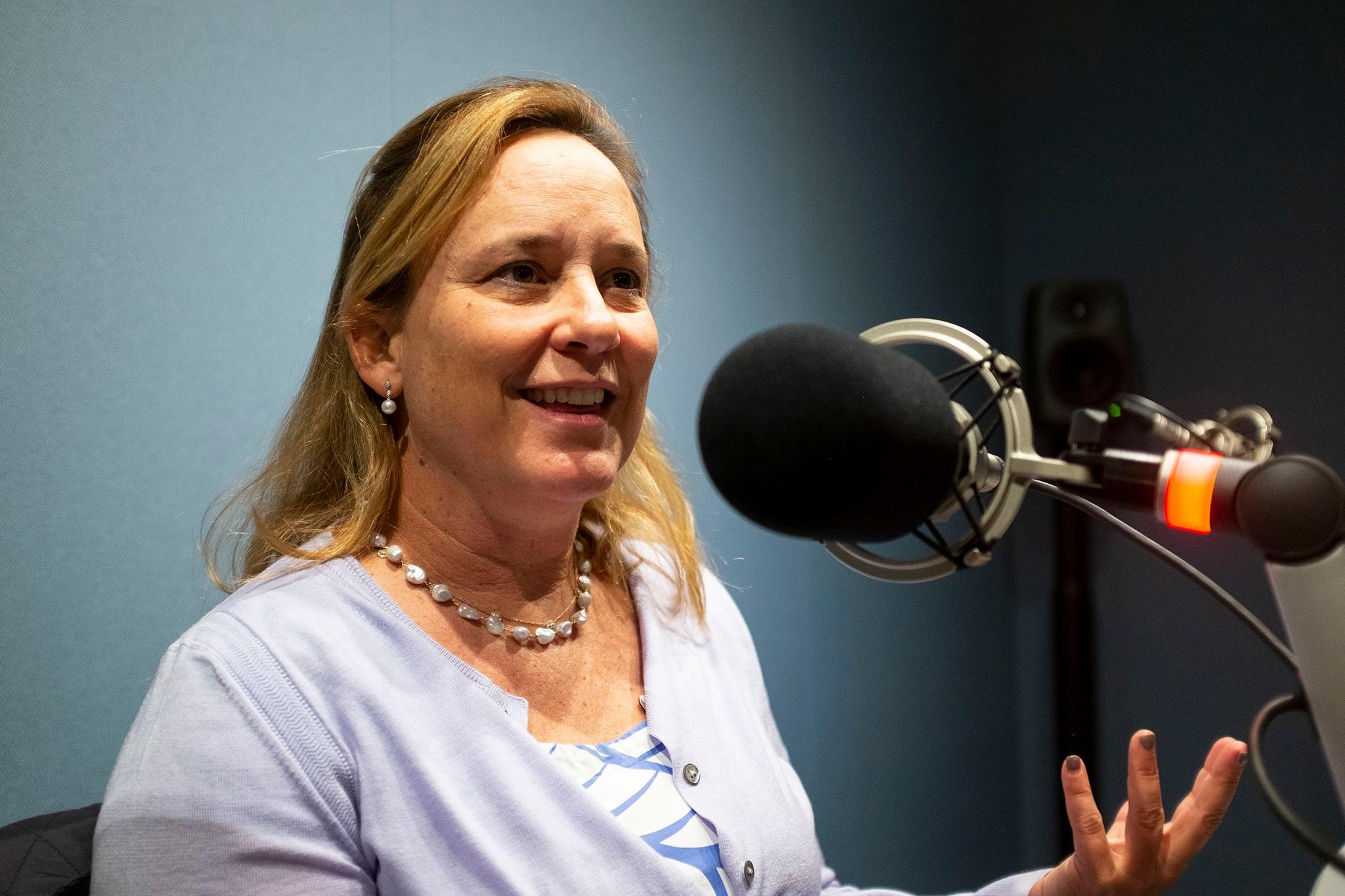
Speaker KC Becker Sees A Slower Session Since ‘Election Years Are Tougher Years’
Colorado lawmakers return to the state Capitol Wednesday but the breakneck pace at which they adopted a Democratic agenda last year may slow, according to a leading Democrat.
Democrats maintain the ‘trifecta’ — control of both legislative houses and the governor’s office — that led last year to the adoption of full-day kindergarten, health care reforms and an overhaul of oil and gas regulations.
But Democratic House Speaker K.C. Becker of Boulder says many of those issues had been debated, and negotiated for years. In 2020 lawmakers wil consider newer proposals and return to debates over ideas where Democrats are divided, like the death penalty and paid family leave.
“We’re not trying to match last year, we just want to pass good policy’’ Becker said.
Colorado Matters host Ryan Warner spoke with Becker.
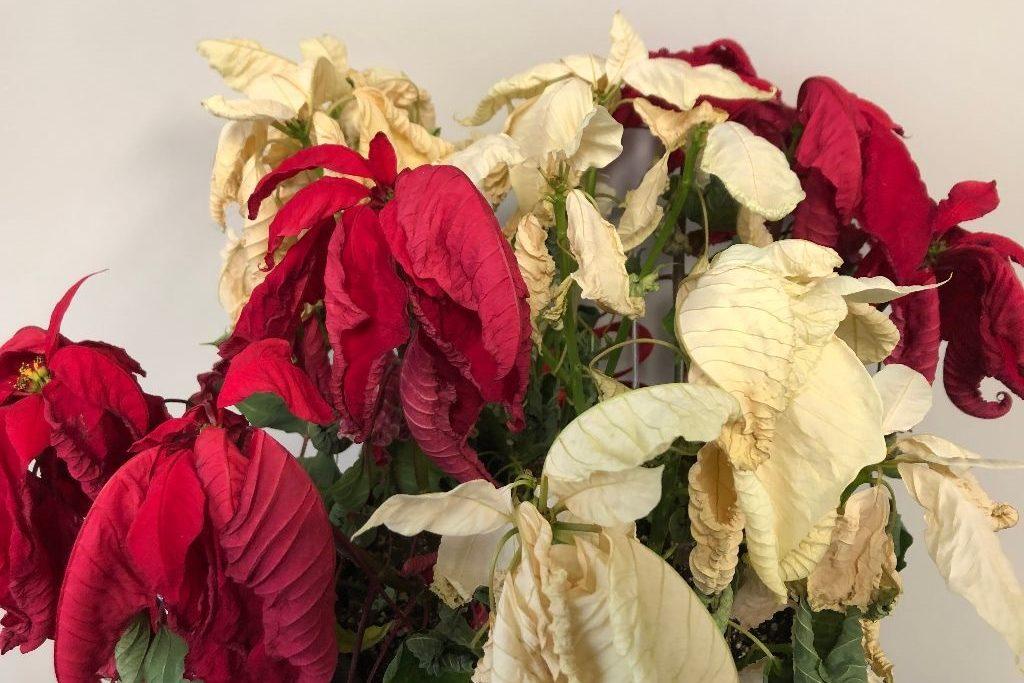
How Not To Have A Puny Poinsettia
Are you loving your holiday poinsettia to death?
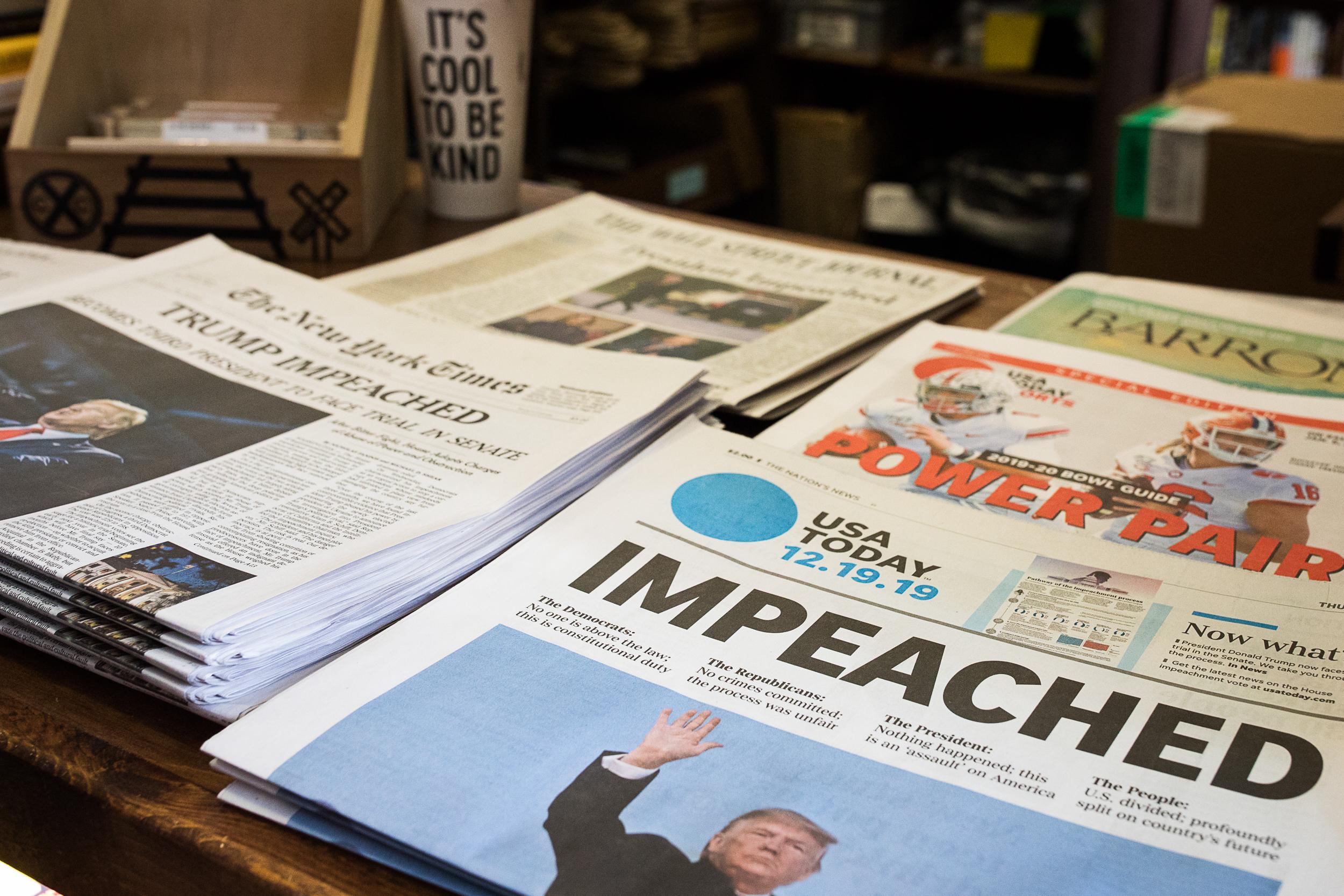
GOP Strategist: Republican Anger Over Impeachment May Benefit Cory Gardner’s Reelection Bid
But even if rank-and-file members of the GOP put extra energy — and money — into Trump’s campaign, the president is unlikely to win a majority in Colorado.

5 Years After The Investigation Into The CIA’s Interrogation Methods, Mark Udall Is Still Haunted By What He Learned
The saga that the former Colorado senator played a role in is now a movie, “The Report.” Udall is played by Scott Shepherd.
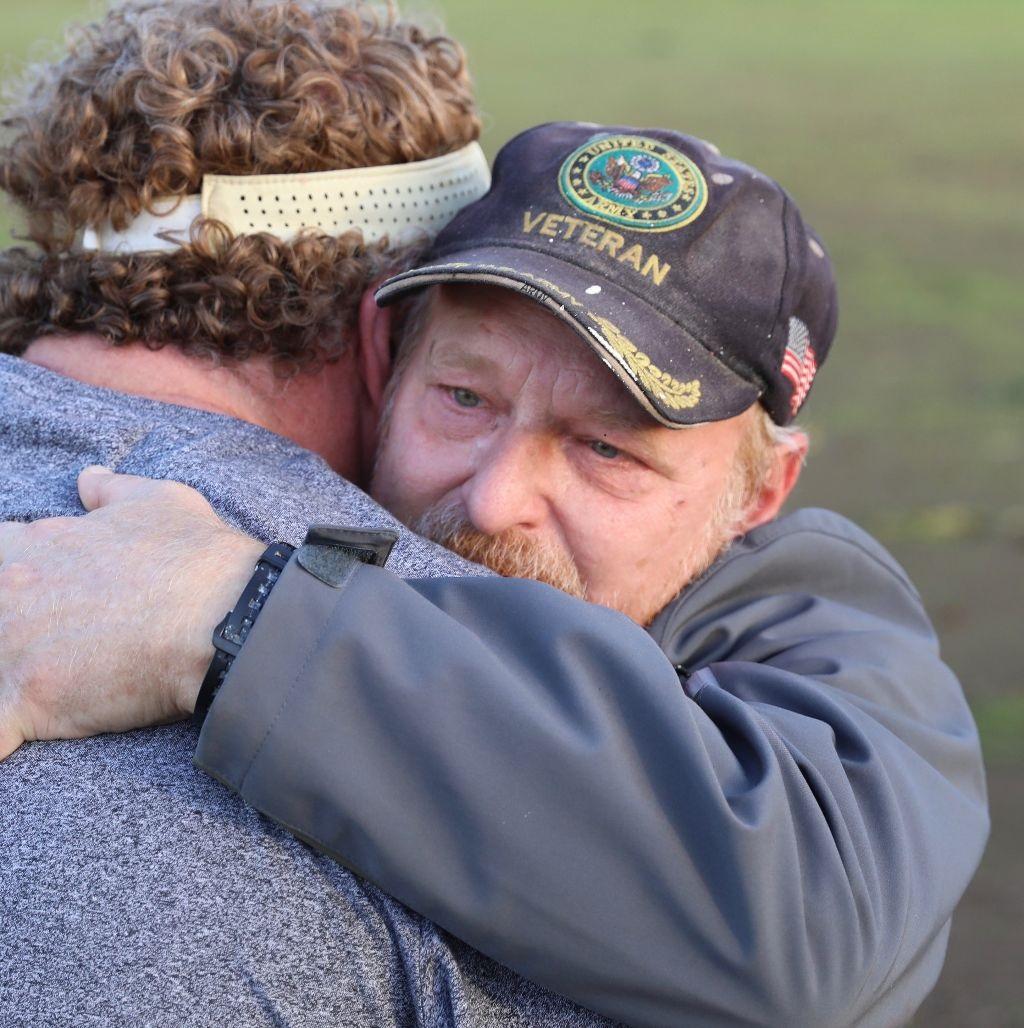
What Makes This Man A ‘Hero’? Donating RVs To People Left Homeless By A Wildfire
Woody Faircloth was a thousand miles away when Paradise, California was leveled by a wildfire last year. Faircloth had never been to the small town in California and didn’t know anybody there but as he heard about the thousands of people left homeless he had an idea.
At his home in Denver’s City Park, Faircloth started looking around on Craigslist for Within days he and his daughter Luna, then 6, started a GoFundMe account, bought a vehicle for $2,500, packed it up, drove it to California and donated it to a man left homeless by the fire. That was the start of a nonprofit called RV4CampfireFamily that has since donated several dozen RVs to fire victims.
Now, Faircloth is one of 10 people nominated for CNN’s Hero of the Year award. The winner will be announced Sunday in a live broadcast from New York.
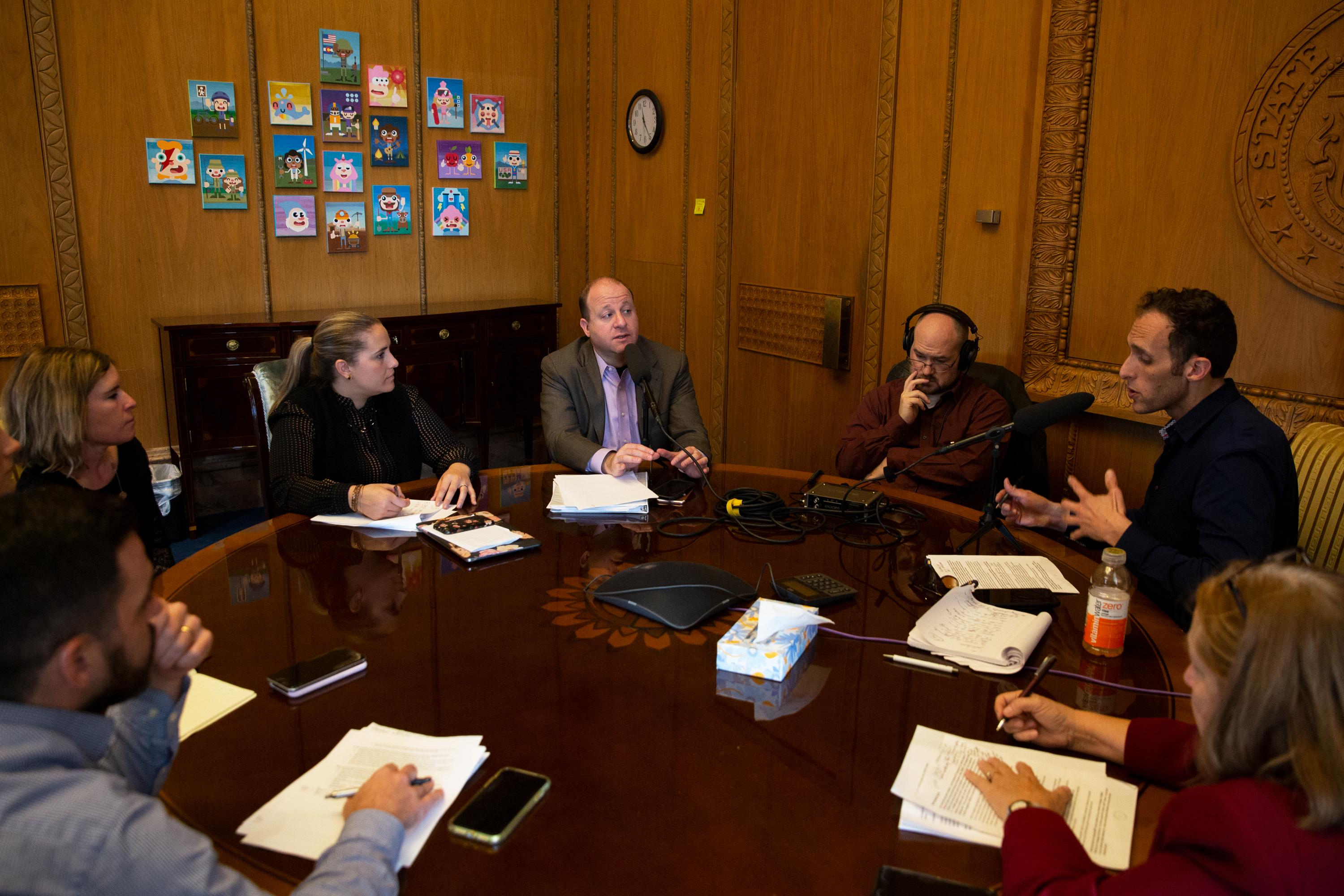
Gov. Polis On Impeachment, Immigration And Life After Prop CC
The governor is trying to figure out other ways to fund transportation and education after voters have rejected multiple funding measures.
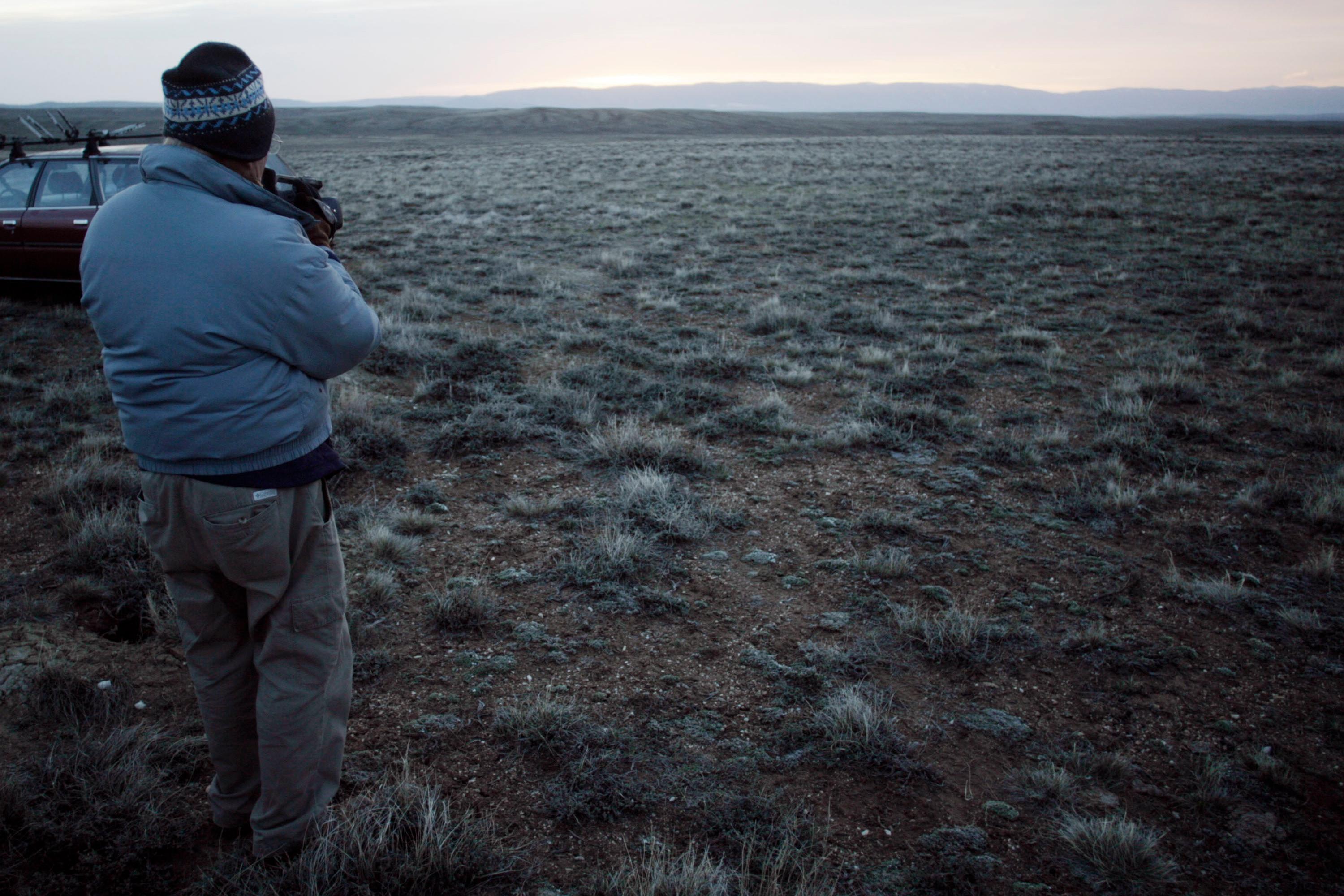
Sagebrush Helps Support Ecosystems Throughout The West. But Today, 50% Of The Plant’s Habitat Is Gone
Sagebrush keeps animals fed and hydrated, soil fertilized and carbon in the atmosphere low.
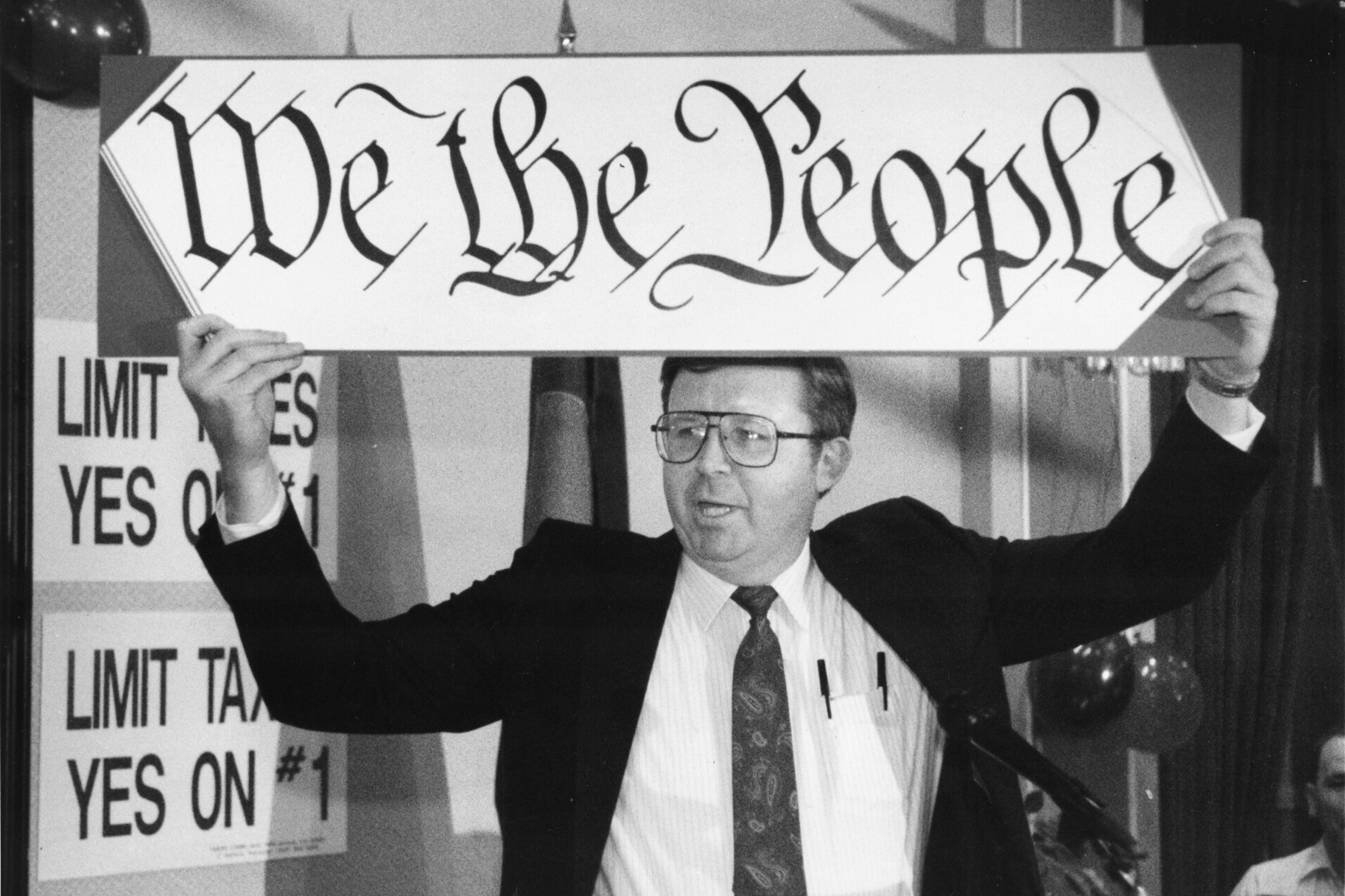
So, Prop CC Failed. What Happens Next With My TABOR Refund?
If and when it comes, it won’t be as a check.
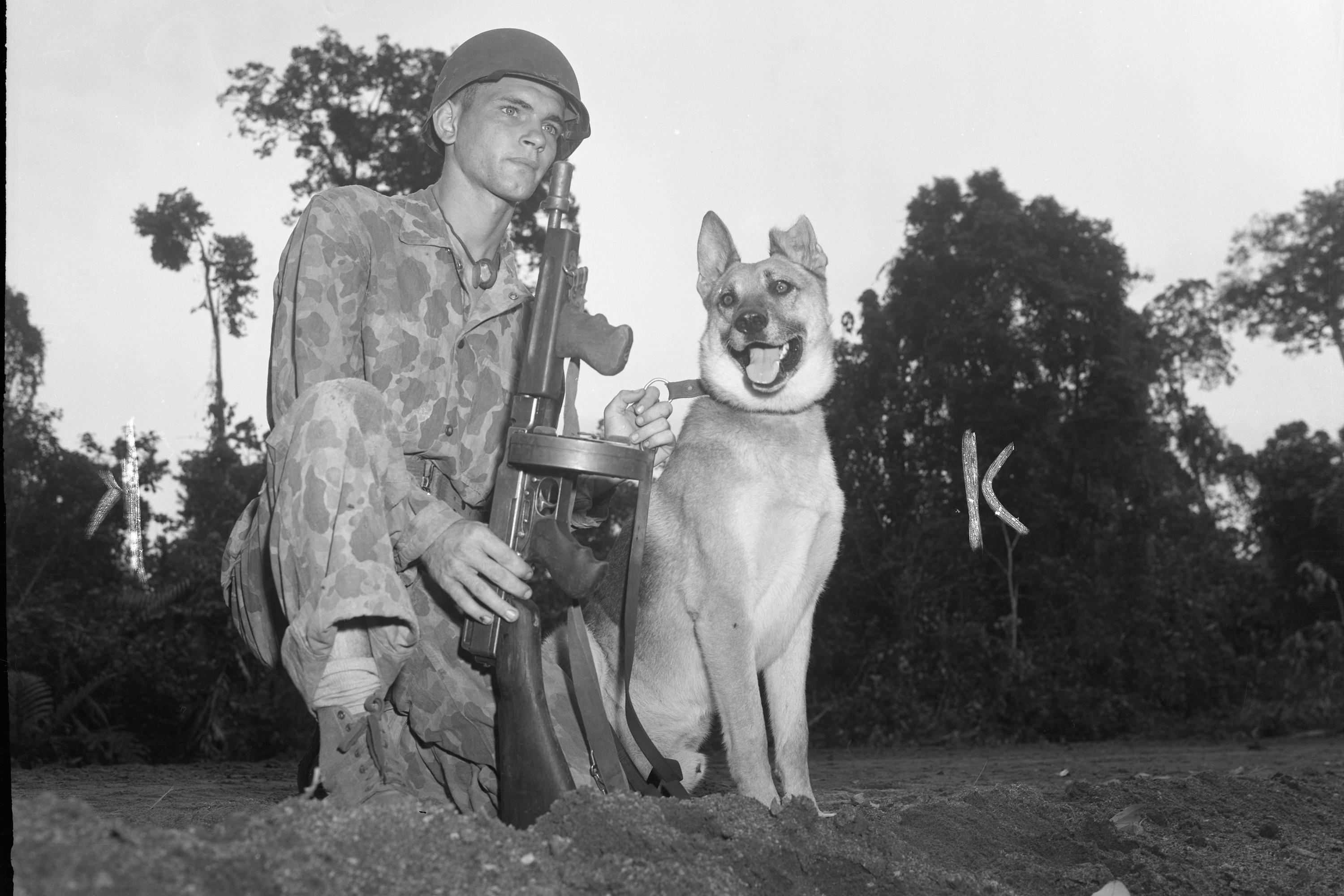
Meet The Longmont Man Who Helped Train The First Dog Platoon In The Marine Corps During World War II
Homer Finley was 17, a new and very homesick Marine recruit in Florida, when he was offered a job and a transfer.
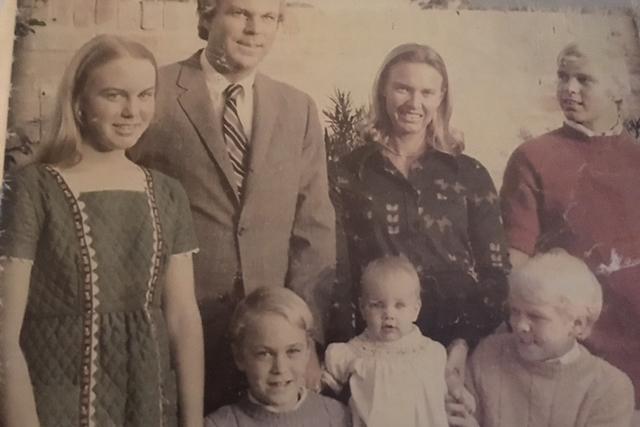
Decades Later, The Only Survivors Of A Plane Crash In The Rockies Are Still Putting The Pieces Back Together
A new documentary, “3 Days, 2 Nights,” screening at the Denver Film Fest helped brothers Andy and Mark Godfrey open up about their feelings.
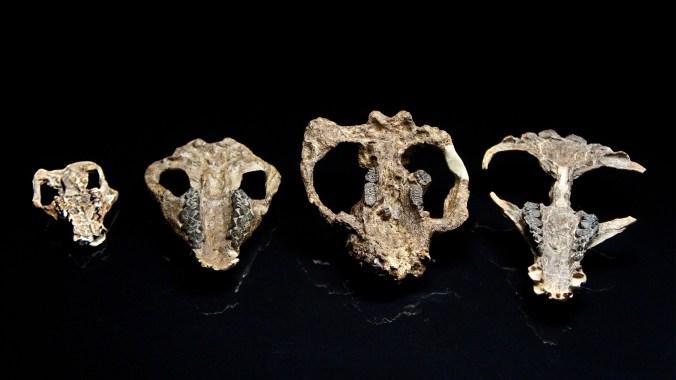
Colorado Fossils Unlock A Million-Year Mystery
The mood was giddy when scientists took the stage last week at the Denver Museum of Nature and Science to talk about what they’re billing as an unprecedented fossil discovery. Scientists working east of Colorado Springs have discovered plant and mammal fossils they say detail what happened in the million years after an asteroid hit Earth, wiping out the dinosaurs and most other life forms.
Paleontologist Tyler Larson made the key discovery when he found mammal fossils inside a type of rock called a concretion.
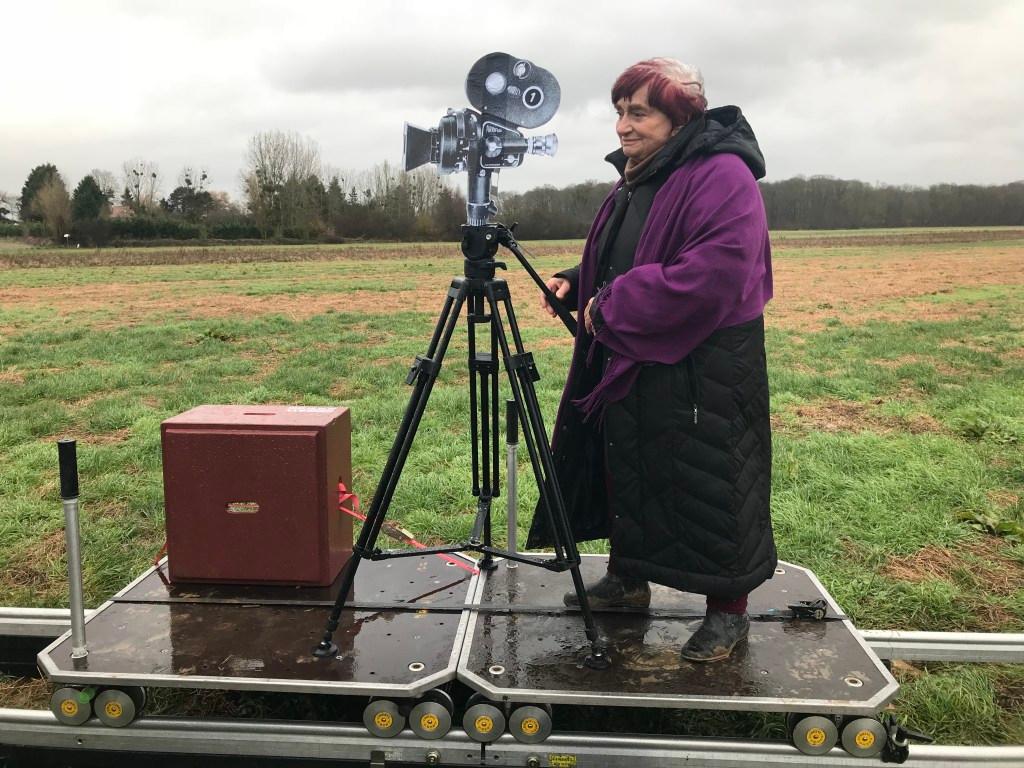
Finding The Hidden Gems At This Year’s Denver Film Festival
The Denver Film Festival opens on Wednesday, October 30, with some big movies and red carpet stars, and a lot of hidden gems from around the world. Walter Chaw, a blogger for FilmFreak.net gives us a preview of what’s showing, and how to make the most of the festival experience. He also wrote about the Denver Film Festival for Denverite. The festival runs through November 10.

